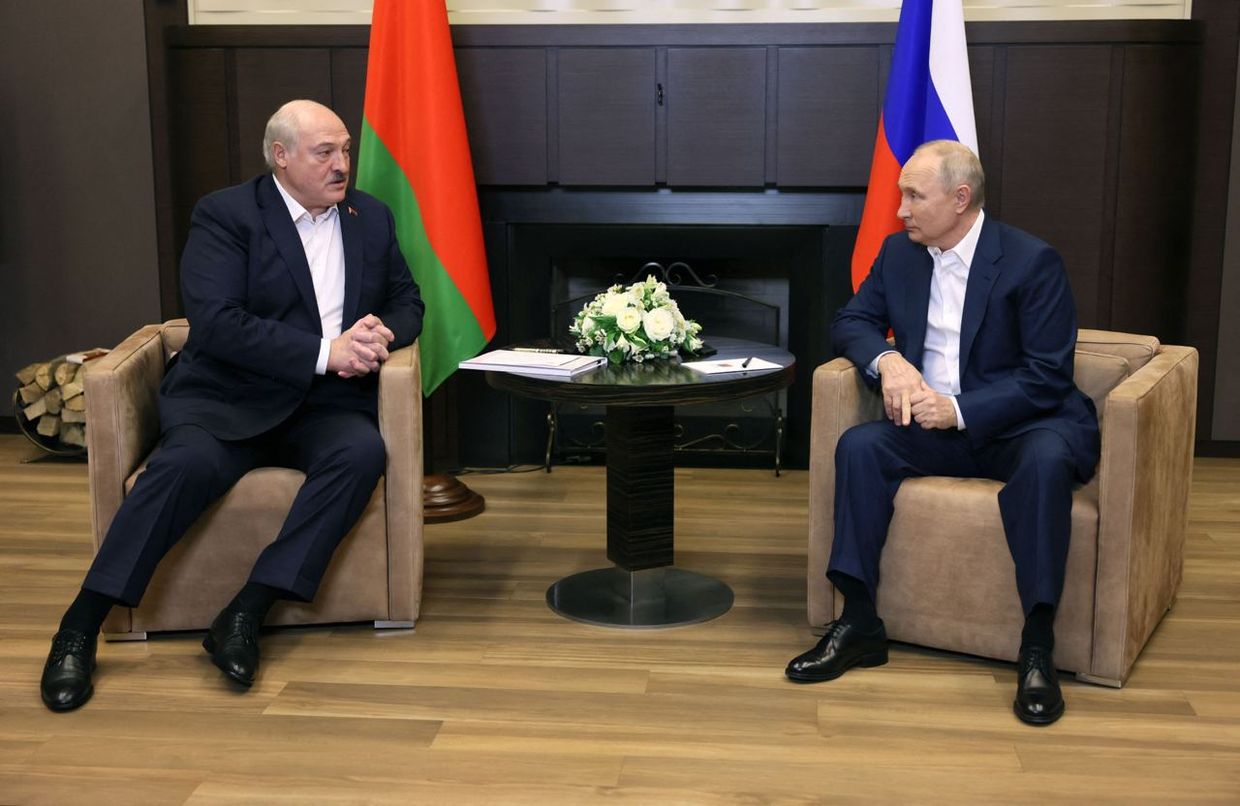Latvia plans to expel cars under Russian, Belarusian registration.
The Latvian government is preparing a bill preventing cars under Russian and Belarusian registration from staying in the country, Latvia's Justice Minister Inese Libina-Egnere said on Sept.
22. If approved, the bill gives a period of three months for the vehicles to be taken out of the country or re-registered in Latvia, otherwise, they will be confiscated. According to the news outlet Delfi, the Latvian Justice Ministry is considering donating the confiscated vehicles to Ukraine.
Latvia is among the five EU countries that recently decreed that cars under Russian registration cannot enter their territory. The states imposed the measure following recommendations by the European Commission on sanctions against Russia. The other countries that have banned entry for Russian-registered vehicles are Lithuania, Estonia, Poland, and Finland. Norway is also considering similar steps.
The tensions between the Baltic countries on one side and Russia and Belarus on the other have been mounting since 2021 when Minsk engineered a migrant crisis on the borders of Poland and the Baltic states. Security concerns among NATO's eastern members spiked again following Russia's full-scale invasion of Ukraine in February 2022, and more recently when fighters of the Russian mercenary Wagner Group began moving to Belarus following their short-lived rebellion against the Kremlin. On Sept.
19, Latvia announced the closure of one of its two remaining border crossing points with Belarus due to the escalating migrant crisis.
Belarus Weekly: Lukashenko seeks closer ties with Russia, North Korea Lukashenko proposes creating a trilateral partnership with Russia and North Korea during his meeting with Putin in Sochi. Forty-eight Ukrainian children abducted from Russian-occupied parts of Ukraine arrive in Belarus.
Latvia closes one of its border crossings with Belarus due to "the most tense...

 Martin Fornusek
Martin Fornusek
News Editor
Martin Fornusek is a news editor at the Kyiv Independent. He has previously worked as a news content editor at the media company Newsmatics and is a contributor to Euromaidan Press. He also volunteers as an editor and translator at the Czech-language version of Ukrainer.
Martin studied at Masaryk University in Brno, Czechia, holding a bachelor's degree in security studies and history and a master's degree in conflict and democracy studies.